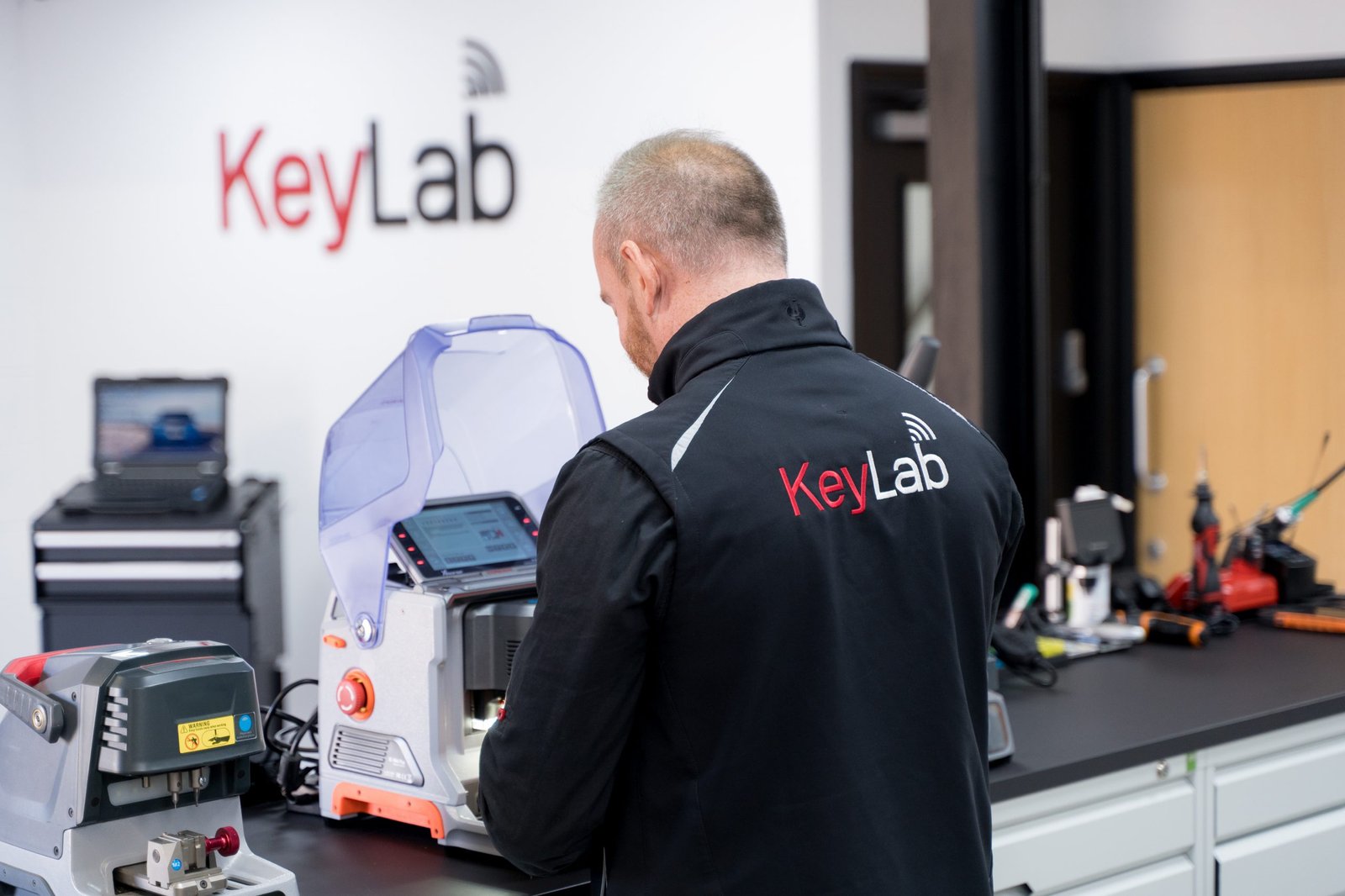A Comprehensive Guide to Replacing Car Keys
Car keys have actually evolved considerably from the easy metal keys of the past to sophisticated electronic fobs that incorporate many security features. Regardless of whether you own an older model or a modern-day vehicle, losing a car key can trigger considerable trouble. This post supplies a comprehensive overview of the procedure of replacing car keys, consisting of the different kinds of keys, associated costs, and regularly asked questions.
Kinds Of Car Keys
Before talking about the replacement procedure, it's necessary to comprehend the various types of car keys that exist today. Each type has its unique replacement approach and expense.
Standard Metal Keys:
- Used in older cars.
- Easy to duplicate at the majority of hardware stores.
Transponder Keys:
- Contain a chip that interacts with the vehicle's ignition system.
- Need specialized equipment for cutting and shows.
Smart Keys:
- Keyless entry systems that allow drivers to start their cars without inserting a key.
- Replacement requires dealership involvement for programs.
Key Fobs:
- Remote-controlled gadgets that unlock doors and can start the engine.
- Often integrated with transponder innovation.
Valet Keys:
- Designed for momentary use, allowing minimal access to a car.
- Usually discovered with a key fob for fundamental functions.
Comparison Table: Types of Car Keys
| Key Type | Description | Replacement Method | Cost Range |
|---|---|---|---|
| Traditional Metal | Basic, non-electronic keys | Duplicate at hardware shops | ₤ 2 - ₤ 10 per key |
| Transponder | Keys with a programmable chip | Auto locksmith professional or dealer | ₤ 50 - ₤ 200 |
| Smart Key | Keyless entry system | Dealer just | ₤ 200 - ₤ 500 |
| Key Fob | Push-button control access | Auto locksmith professional or dealer | ₤ 50 - ₤ 300 |
| Valet Key | Restricted access for temporary use | Duplicate if possible | ₤ 10 - ₤ 30 |
Actions to Replace Car Keys
Changing car keys can appear overwhelming, but it can be fairly simple when broken down into workable steps. Here's a guide to follow:
1. Determine Key Type
Determine the type of key you need to replace. This will guide your next actions and provide insight into the required replacement technique.
2. Find Your Vehicle Identification Number (VIN)
The VIN is typically located on the driver's side dashboard, noticeable through the windscreen. It can likewise be found on the motorist's side door frame or in your vehicle's registration files. This information is necessary for any key replacement, as it verifies vehicle ownership.
3. Contact a Professional
Depending upon the key type, you might require to check out either a dealer or a locksmith professional. For conventional keys, many hardware shops can replicate them quickly. For transponder keys, a certified locksmith professional or dealership is needed to set the brand-new key.
4. Offer Necessary Documentation
You may need to present paperwork that validates your identity and ownership of the vehicle. Typical documents consist of:
- Driver's license
- Vehicle registration
- Evidence of insurance
5. Program the New Key
For keys with advanced technology (like transponder keys or smart keys), programming is typically needed. This might involve utilizing special diagnostic equipment available at a dealership or professional locksmith professional.
6. Evaluate the New Key
After replacement, constantly test the brand-new key to ensure it opens the doors and, if applicable, starts the ignition.
Expenses Associated with Key Replacement
The cost of replacing car keys can differ substantially based upon the key type, vehicle make and design, and the replacement method chosen. A typical cost breakdown is as follows:
- Traditional Keys: ₤ 2 - ₤ 10
- Transponder Keys: ₤ 50 - ₤ 200
- Smart Keys: ₤ 200 - ₤ 500
- Key Fobs: ₤ 50 - ₤ 300
- Solutions of a Locksmith: ₤ 50 - ₤ 150 (depending upon services rendered and the complexity of the key)
Factors Influencing Cost
- Vehicle Make and Model: Luxury automobiles often have higher replacement expenses due to advanced innovation.
- Contract out vs. Dealership: Dealerships may charge more than independent locksmiths for comparable services.
- Aftermarket vs. Original Parts: Some people go with aftermarket keys, which can be cheaper however might not have the exact same guarantee coverage.
FAQs About Replacing Car Keys
Q1: Can I replace my car key myself?A: While you can replace standard metal keys yourself, a lot of modern-day keys need expert competence for duplication and shows. It is a good idea to seek professional help. Q2: How long does it take to replace a car key?A: Replacement time varies. Conventional keys can be made in minutes, while transponder
or smart keys might take longer, particularly if programming is included. Q3: What if I lose my only key? Car Replacement Key : In this case, you will require to tow your vehicle to a dealership or locksmith that can develop a brand-new key for you. Q4: Will my
car's warranty cover key replacement? Electronic Car Key Replacement : Most car warranties do not cover key replacement unless you have particular theft defense strategies.
Constantly talk to your service warranty supplier. Q5: How can I avoid losing my car keys?A: Consider using a key finder gadget, designating a specific spot for your keys in the house, and having a spare key made to keep in a safe location. Replacing car keys can be a hassle, but comprehending the various kinds of keys, replacement procedures, and associated costs can simplify the process for vehicle owners. Being prepared with understanding and a plan can minimize
stress and get you back on the roadway faster. Whether you count on a car dealership or locksmith, navigating key replacement doesn't need to be a complicated experience when you take the ideal steps.

